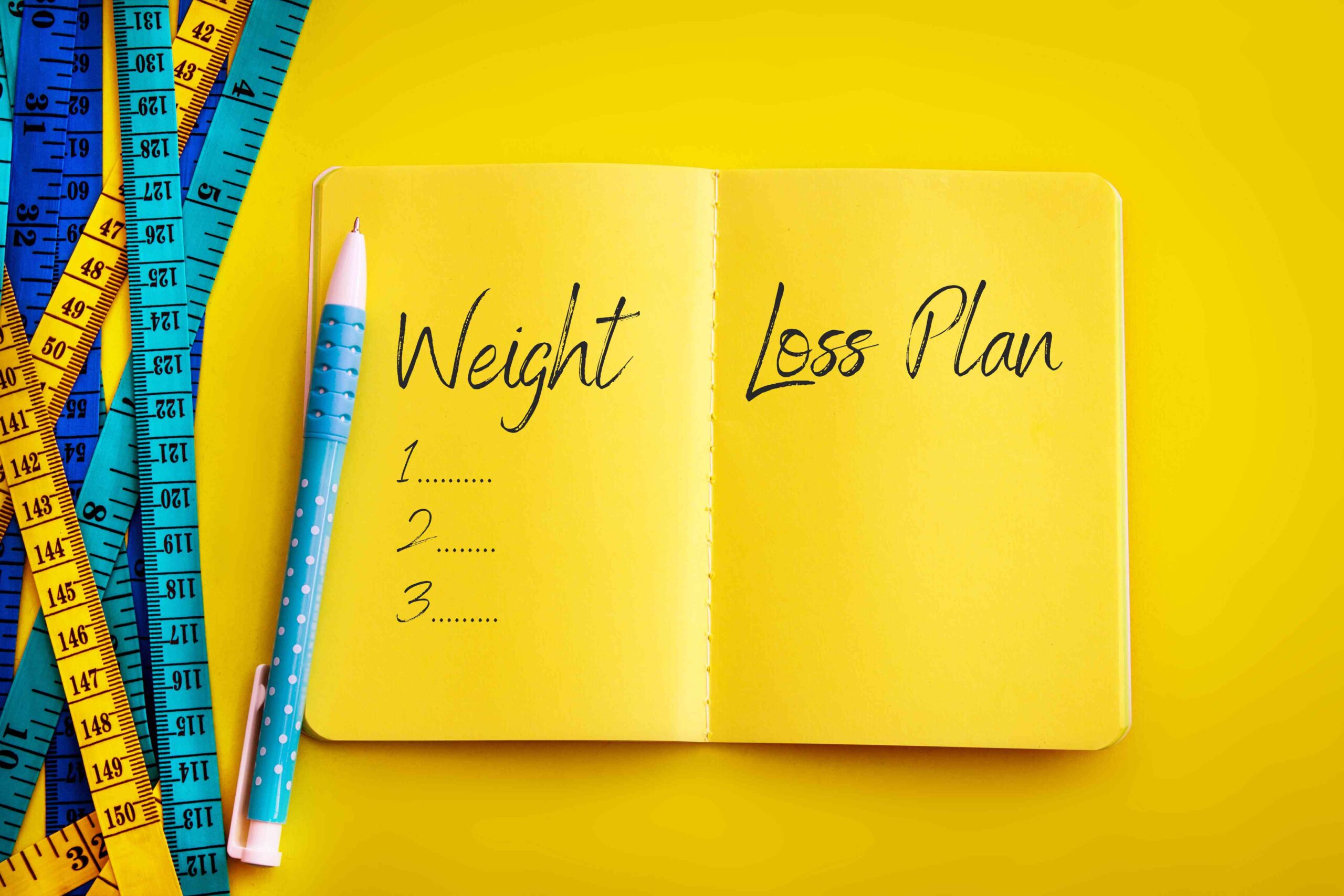Blog
Why Weight Loss After 30 Feels Different—And What Works Now

What Women Over 30 Need to Know About Weight Loss
Turning 30 marks more than a new decade—it often signals a shift in your body’s metabolism, hormones, and stress response. Many women begin noticing that their usual tricks for staying slim—like skipping dessert or adding an extra gym session—don’t deliver the same results. Weight tends to stick, especially around the midsection, and energy levels drop.
If this sounds like your reality, you’re not alone. At Alternate Health Club, we’ve supported hundreds of women navigating this transition with science-backed, medication-assisted programs like Semaglutide and Tirzepatide, combined with a wellness-first approach.
In this guide, we’ll break down why weight loss after 30 becomes challenging and what actually works now—including medical weight loss programs, hormonal support, and realistic lifestyle upgrades.
The Real Reasons Weight Loss After 30 Gets Harder
Slower Metabolism
After 30, your basal metabolic rate slows down, meaning your body burns fewer calories at rest. Even if your habits remain the same, you may gradually gain weight.
Hormonal Fluctuations
Estrogen levels begin to decline, especially as you move closer to perimenopause. This hormone is tied to fat distribution, appetite, and mood regulation—all of which affect your ability to lose weight.
Muscle Mass Loss
Starting in your 30s, women begin losing lean muscle mass, which plays a big role in fat burning. Less muscle = slower metabolism.
More Stress, Less Sleep
Career pressures, caregiving responsibilities, and emotional load increase stress hormones like cortisol. This not only increases belly fat but can also disrupt sleep cycles, making weight gain more likely.
Discover effective weight loss strategies for women
Why Crash Diets Don’t Work After 30
Many women in their 30s try to double down on restrictive diets or workout more aggressively. But this often backfires.
Here’s why:
- Extreme calorie restriction slows your metabolism further.
- Skipping meals spikes cortisol, leading to more cravings.
- Low-carb diets without proper guidance lead to fatigue and burnout.
Instead, a more structured, medically guided approach offers sustainable success.
Learn how a health-first weight loss journey can make the difference.
The Role of Semaglutide and Tirzepatide in Weight Loss After 30
What is Semaglutide?
Semaglutide is a GLP-1 receptor agonist that helps reduce appetite, improve insulin response, and promote steady weight loss. It works especially well for women experiencing hormonal weight retention.
- Understand why Semaglutide is a top solution
- Get clarity on Semaglutide dosage
What is Tirzepatide?
Tirzepatide is a newer injectable medication that works on two gut hormones (GLP-1 and GIP), offering enhanced control over appetite and metabolic function.
How Alternate Health Club Supports Women 30+
Our programs are designed to remove guesswork and bring back confidence. With our support, you’ll get:
- Physician-reviewed intake and guidance
- At-home access to prescription medications
- Weekly delivery and tracking
- Community support from women like you
- Lifestyle tools to manage stress, cravings, and energy
Lifestyle Shifts That Work Better After 30
Prioritize Protein and Fiber
Muscle preservation is key. Include lean protein (like eggs, chicken, legumes) in every meal to support fat burning and satiety.
Walk Daily and Strength Train Weekly
Even 20 minutes of walking boosts insulin sensitivity. Add strength training 2–3x a week to retain lean muscle.
Manage Cortisol and Get Sleep
Try gentle practices like journaling, magnesium supplementation, or low-intensity yoga to balance stress. Prioritize 7–8 hours of rest.
- Understand Semaglutide fatigue and how to overcome it
What to Eat on GLP-1 Medications
Pairing the right foods with medications like Semaglutide is essential:
- Stick with high-protein, low-sugar meals
- Avoid processed carbs and fried foods
- Eat smaller, more frequent meals to reduce nausea
- Check out our guide to what to eat on Semaglutide
A Story From the Community
At 34, Tara from Nassau County had tried every diet—from keto to juice cleanses. But her weight kept climbing. After her consultation with AHC, she began Semaglutide, adopted light strength training, and focused on balanced meals.
Today, she’s down 28 lbs in 4 months—and says her energy and confidence are finally back.
- Read more about women reclaiming their energy
Is It Time to Rethink Your Approach?
If you’re tired of weight gain, mood swings, and constantly starting over—this may be your moment to take a new path.
Alternate Health Club offers:
- Flexible, at-home medical weight loss support
- Expert-reviewed prescriptions
- Long-term tools to regain hormonal balance
- Ready to try a smarter solution? Start with our health-first method












